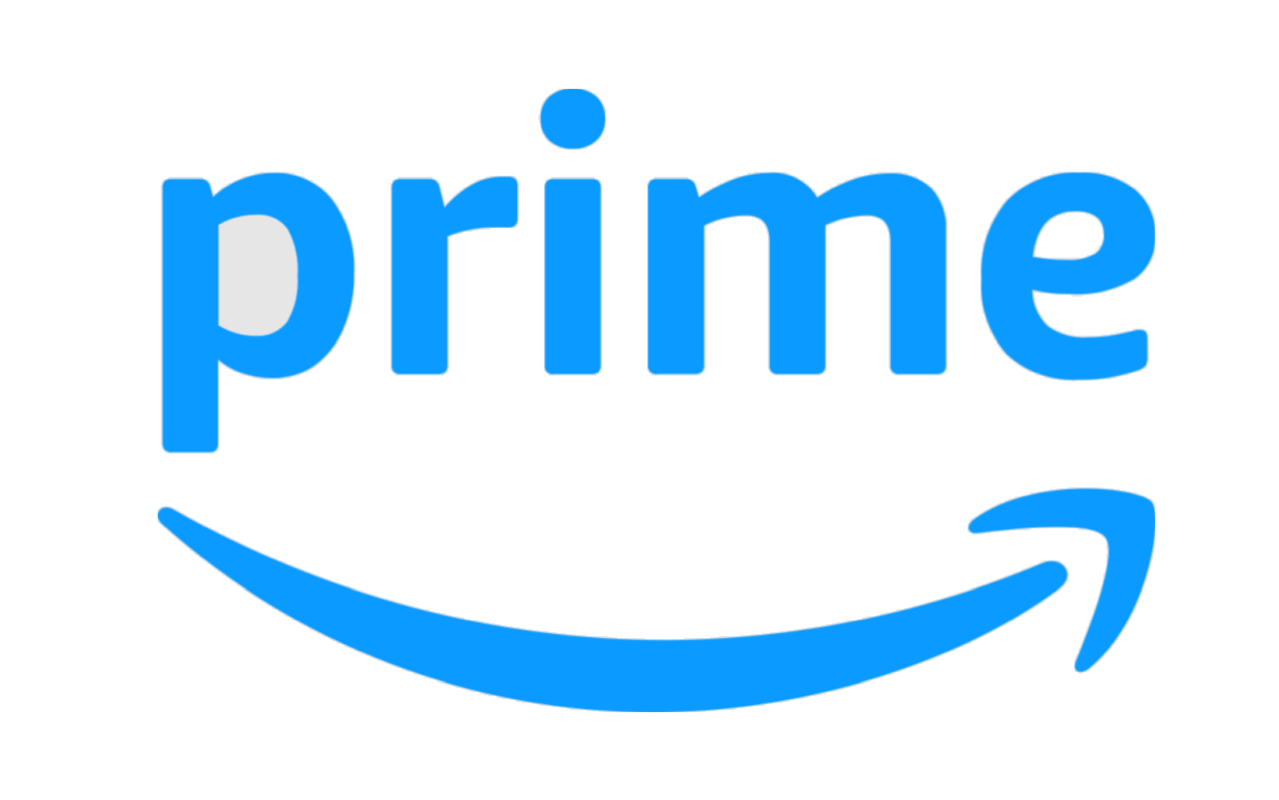Amazon has agreed to a $2.5 billion settlement with the Federal Trade Commission (FTC) following allegations that the company used deceptive tactics to enroll and retain customers in its Prime subscription service. Despite settling, Amazon maintains that it has always complied with the law.
FTC’s Allegations
The FTC accused Amazon of employing misleading designs and practices to push consumers into Prime subscriptions and making it unnecessarily difficult to cancel. According to the lawsuit, Amazon relied on “dark patterns”—manipulative design choices in digital interfaces that confuse or pressure users into actions they might not otherwise take, such as agreeing to recurring charges.
Examples cited by the FTC included:
- Oversized “Yes” buttons with nearly hidden “No” options
- Complicated and unclear cancellation steps
- Pre-checked boxes for additional paid services
- Repeated popups discouraging users from leaving
Former FTC commissioner Alvaro Bedoya even likened Amazon’s Prime cancellation process to reading Homer’s Iliad—a long and complex journey that discouraged users from opting out.
Terms of the Settlement
Under the agreement, Amazon will:
- Pay $1 billion in civil penalties
- Provide $1.5 billion in refunds to customers affected by deceptive enrollment practices
- End unlawful enrollment and cancellation methods for Prime
The FTC found these practices in violation of the Restore Online Shoppers’ Confidence Act, a 2010 law designed to prevent deceptive online sales tactics.
Amazon’s Response
In its official statement, Amazon denied wrongdoing, claiming it has always acted within the law and worked to make Prime membership enrollment and cancellation straightforward. The company emphasized its commitment to customer value and innovation:
“Amazon and our executives have always followed the law… We will continue to make it clear and simple for customers to sign up or cancel, and to provide substantial value to millions of Prime members worldwide.”
Refund Eligibility
Customers who subscribed to Prime between June 23, 2019, and June 23, 2025, may qualify for a refund. Those who rarely used Prime benefits will receive automatic refunds (capped at $51), while others may apply for reimbursement of up to the same amount.
Broader Implications
This case reflects a growing concern in the tech industry: large companies facing regulatory actions often settle with multi-billion-dollar payouts, yet consumers see limited compensation compared to the scale of privacy violations and deceptive practices.
As regulators continue to scrutinize dark patterns and manipulative designs, the Amazon settlement may set a precedent for how digital platforms structure user experiences moving forward.

 Español
Español













